
Developer: Daedalic Entertainment
Publisher: NACON
Platform: PC, PS4, PS5, Xbox One, Xbox Series X|S
Tested on: PC
The Lord of the Rings: Gollum – Review
Unless you’ve been living under a rock, you’ve probably already heard that Daedalic and Nacon’s latest game, The Lord of the Rings: Gollum doesn’t quite live up to expectations. Granted, the game was always going to fight an uphill battle, taking a beloved IP and doing something with it that nobody asked for. Even the most die-hard fans of The Lord of the Rings had a hard time justifying the existence of a game where players step into the shoes of a miserable creature that has no chance of winning, although the concept would have been interesting had things been handled decently. Even keeping that in mind though, there’s no beating around the bush: Gollum is a bad game. Having spent some time in the presence of everyone’s favorite ring-obsessed creature, we return to you, dear reader, to try and explain what went wrong here.
Story
Before we delve into what Gollum offers up in terms of story, we should mention that although we are probably more familiar with the writings of Professor Tolkien than the average person, we aren’t purists by any means. We don’t mind gaps in the canon material being filled in order to create a cohesive story, although the Shadow of War games took things a bit too far in terms of playing it fast and loose with the lore. Gollum’s base premise actually sticks pretty close to the source material, with our protagonist having been captured by the Elves of Mirkwood. This is something that actually takes place between the story of The Hobbit and The Lord of the Rings, and it’s how Gandalf finds out that the Ringwraiths know they need to look for the One Ring in the Shire. Gollum‘s narrative itself is told through flashbacks, as Gandalf questions the captive Gollum in order to find out what Sauron’s forces already know about the whereabouts of the One Ring. The game rightfully assumes you are already familiar with the story of The Lord of the Rings itself, and given how ubiquitous that tale is, we can’t fault Daedalic for not wanting to explain the backstory again. The story that unfolds in these flashbacks is wholly original, and sees Gollum being captured by the Ringwraiths and enslaved in Mordor. Together with a cast of original characters, our loathsome protagonist must try and escape from the clutches of the Dark Lord Sauron. The story itself is decent enough, and the dialogue succeeds in capturing the right tone.
Graphics
Much of the flack Gollum’s been getting concerns the game’s visual performance and with good reason. The game looks like an Xbox 360 release from 2011, with low-detail character models, awkward animations, and bland environments that make it difficult to discern what is going on. Gollum can’t keep up a steady frame rate and stuttering happens frequently, which doesn’t really help when certain sections of the game involve precision platforming. Bafflingly, the game looks even worse during pre-rendered cutscenes. Whenever these play, the resolution seemingly drops and things look grainy. Somehow, during these story scenes, there is even more stuttering than in actual gameplay.
In terms of art direction, things fare slightly better. While Gollum doesn’t outright stick to the designs from Peter Jackson’s films, likely due to licensing, the game tries to stick to as similar of an aesthetic as they can get away with, especially when it comes to our protagonist himself. Characters like Thranduil or the Mouth of Sauron look drastically different from their silver screen counterparts, but apart from having a bad hair day, Gollum himself looks instantly recognizable. Concept art and a frankly gorgeous hand-drawn story sequence confirm that the game could have looked incredible, but the dated visuals simply kill any potential that the game’s art direction had.
Sound
Given that Gollum is based on Tolkien’s books and not directly on the films, we shouldn’t be comparing the voice performances between the game and the films… except that the voice cast themselves are seemingly trying to do impressions of Andy Serkis and Ian McKellen, making comparisons unavoidable. The result is a bit hit-or-miss, with some lines sounding like dead ringers for their more famous counterparts, and others appearing more like your drunk uncle doing his best Sméagol impression. Fortunately, the numerous original characters appearing here don’t have to base their performance on something audiences are familiar with. Jun Broome’s orchestral soundtrack is one of Gollum’s rare highlights, capturing the Middle Earth atmosphere we’re familiar with, and is probably worth seeking out regardless of the game itself.
Gameplay
Daedalic is best known for its point-and-click adventure games, of which we’ve reviewed many in the past. Being an action-adventure title, Gollum is a massive departure from the studio’s bread and butter. Unfortunately, even with a four-year development cycle, and several delays, it’s clear that the studio bit off more than it could chew with this game. Strip away the Lord of the Rings license, and what you’re left with is a bland and generic stealth-based action-adventure game, where players must perform mission-based objectives. Levels are linear and typically involve platforming. Gollum himself isn’t a combat character and so his modus operandi for dealing with enemies is sneaking up behind them and striking from the shadows. The main gimmick is that at key points in the game, you’ll need to discuss between Gollum’s two personalities, which influences the flow of the story as well as which ending you get. Overall though, Gollum doesn’t do anything new or special in terms of gameplay. In itself, that would be excusable, but the gameplay is dragged down by the sheer amount of technical issues that remain present in the game at launch. Had Gollum been released with decent performance, this would have just been a fairly unremarkable licensed game, but the technical mess that it’s in rightfully enraged Lord of the Rings fans. The studio has since issued an apology and promises to improve Gollum with patches, but the damage has already been done. In all honesty, there is no justification for releasing any game in this state, especially with a $60 price tag. Not only did we experience the game soft-locking and even crashing within minutes of playing, but input lag and clunky controls made for an experience that wasn’t fun but frustrating.
To make matters worse, some of the game’s fundamental features were stripped from the game and repackaged as DLC. Do you want Elves to actually speak Elvish? That’ll be $3, please. And while we can live without Gollum‘s emotes, there’s no excuse for putting the game’s lore compendium behind a paywall. Practices like this make us feel that there’s been some executive meddling going on and that NACON, who recently acquired Daedalic, has been putting pressure on the developers to meet the deadline, resulting in this glitchy, unplayable mess. Now, Gollum was supposed to be released back in 2021 and was pushed back multiple times. Games can’t stay in development hell indefinitely, but in this case, it’s clear that dropping the game in its current state was a far worse decision than delaying it for another few months. There is a good chance that performance patches make Gollum somewhat playable at least, but the game’s inherently bland design combined with the universally bad reception make it unlikely that Gollum will recover from this botched release.
Conclusion
As long-time Middle Earth fans, we really wanted to give Gollum a chance, in spite of the negative reviews. Unfortunately, what we got was a mediocre game at best, that is being dragged down even further by inexcusable technical issues and corporate greed. The $60 price tag for the base game is an insult and we suggest voting with your wallet and simply not buying Gollum. Poor Sméagol deserves better than this.
The Lord of the Rings: Gollum - Review,3 Comments
Leave a Reply
You must be logged in to post a comment.

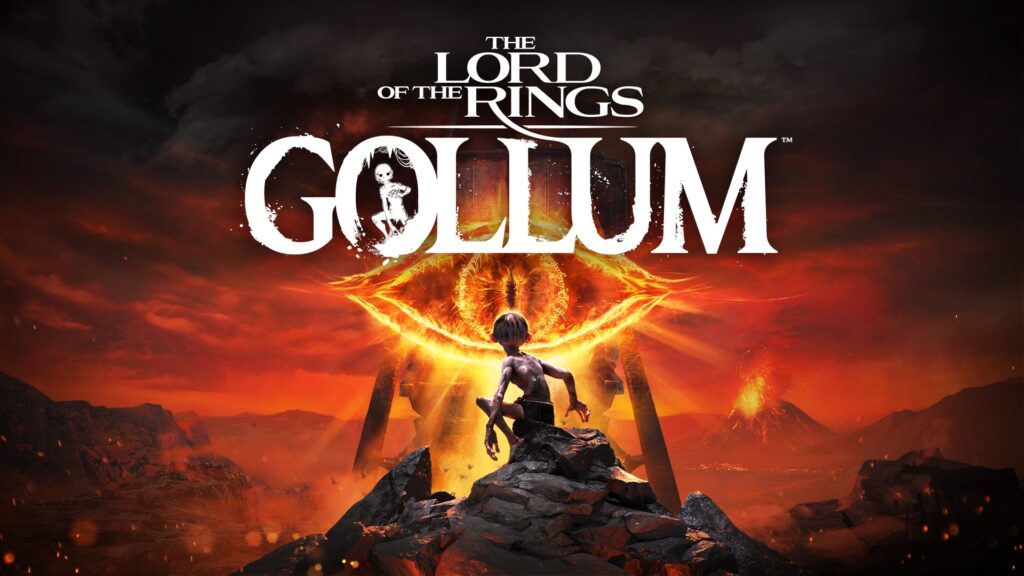
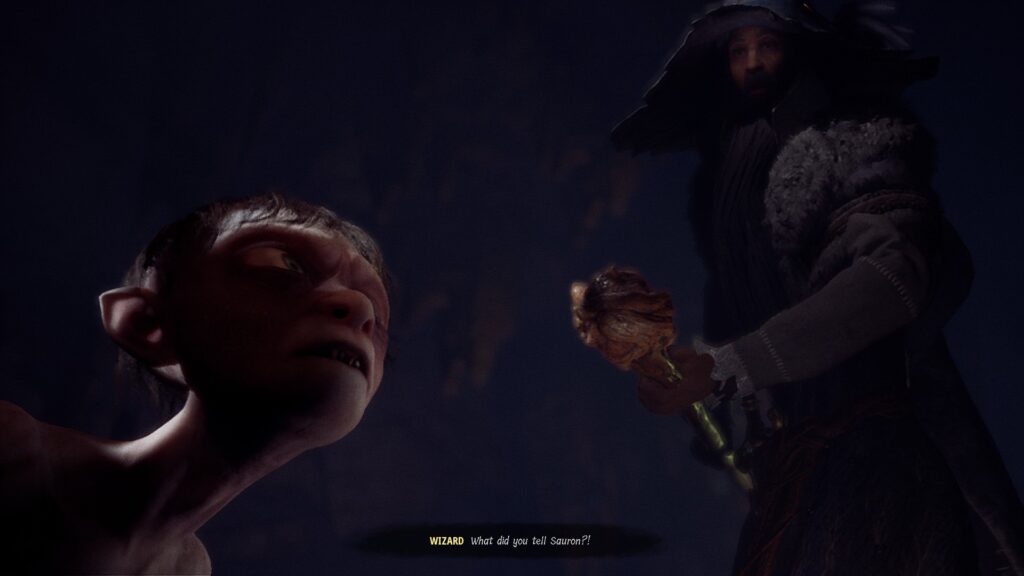
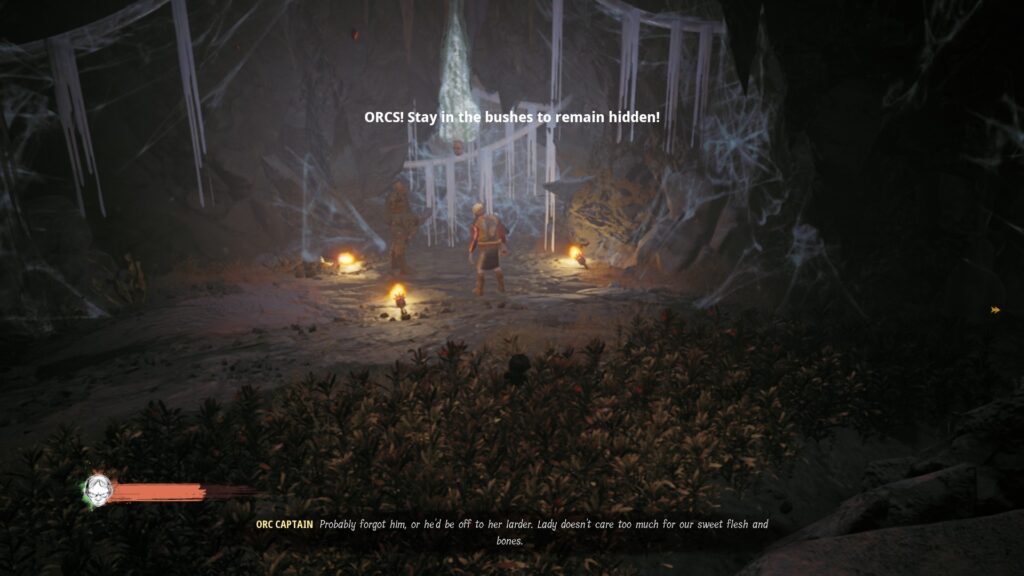
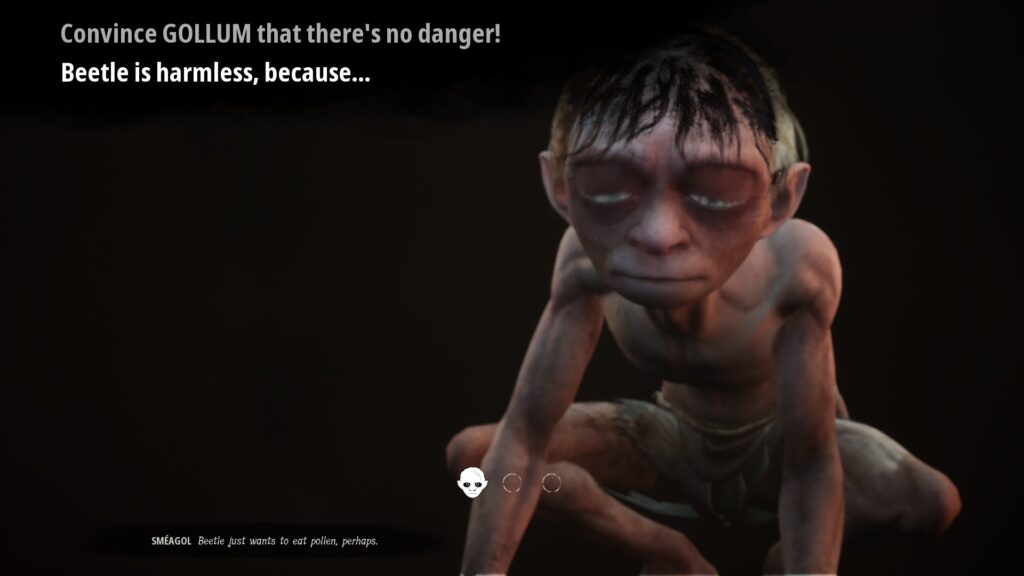

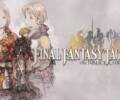


[…] the PS2 and GameCube, and even though the Shadow of Mordor series was pretty tight, games such as The Lord of the Rings: Gollum has absolutely no right to exist and proof how easily a franchise can be abused. This is why we are […]
[…] this year, we returned to Middle Earth in Gollum, which turned out to be a contender for worst game of the year. As long-time fans of The Lord of […]
[…] the massive flop that was Gollum, Daedalic Entertainment quit developing games themselves altogether and switched their focus to […]